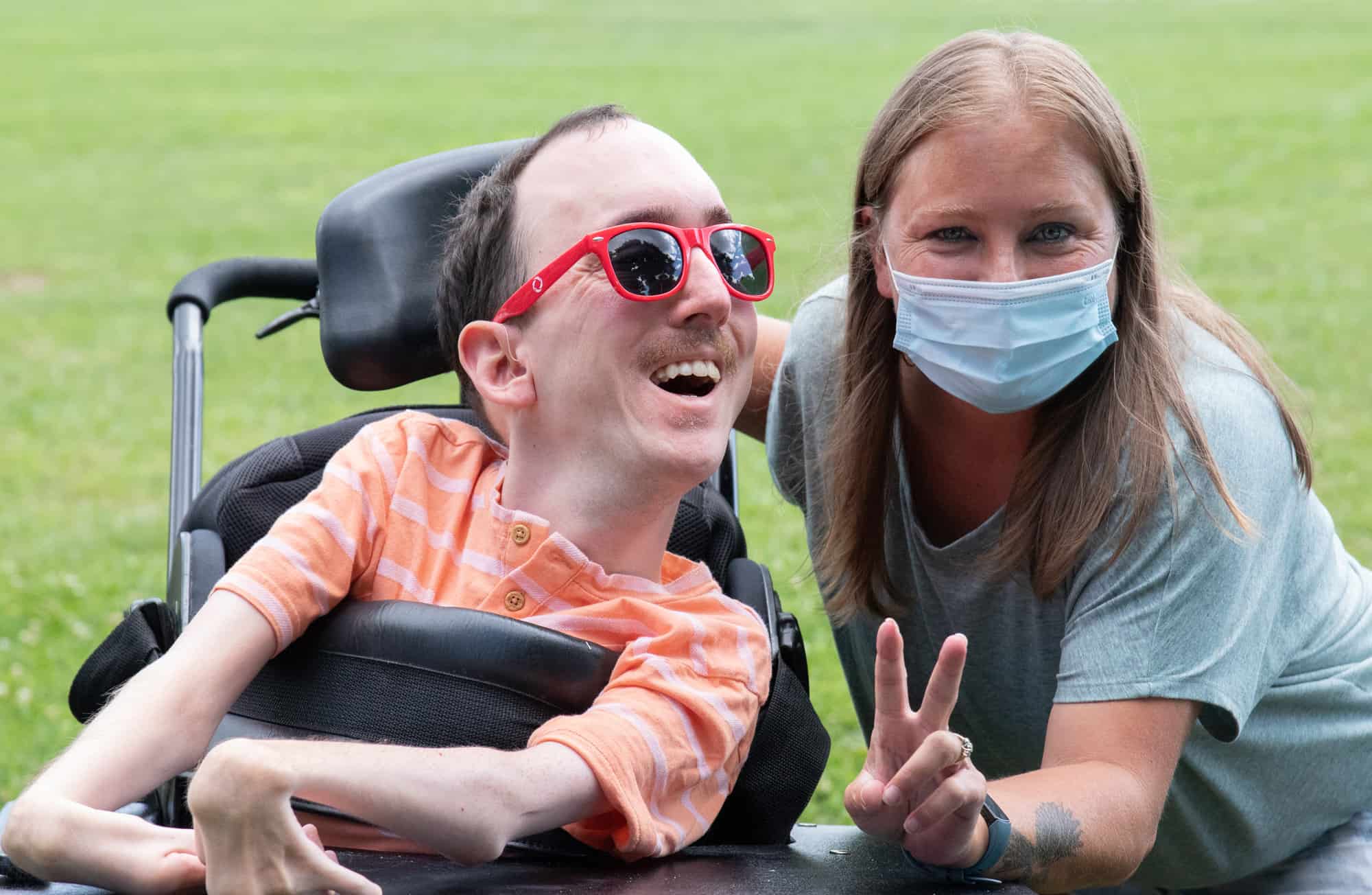Support Services

Right to Design Your Life
You have the right to live in the way you want, make decisions about your life, to do the kind of things that will make you feel happy and be included with dignity as part of your community. You have the right to participate in the assessment and reassessment of your needs, as well as the development and revision of your care and support plan.
Right to be Safe
You have the right not to be hurt or have your feelings hurt. You have the right for people to help you with your money and spend it the way you want. You have the right to tell someone when you do not feel safe and to be protected from abuse.
Right to Respectful Support
You have the right to have people talk nicely to you in a respectful manner when there are disagreements. You have the right to feel good about the way people help you with your daily routines, the proper food to eat, the right clothes to wear for the weather outside, including regular visits to the doctor and dentist.
Right to say “No”
You have the right to say “no” (about yourself) when anything doesn’t feel right to you. You have the right to state your views and give opinions about your care and safe treatment (see policy on “intervening on behalf of person supported by PHSS’ safety”).
Right to Privacy
Your privacy will be respected. You have a right to talk with family or friends without employees being present. You have the right to have your personal care done in privacy.
Right to Self-Advocacy
You have the right to stand up for yourself and for other people. You have the right to raise concerns and suggestions relating to the services and supports you receive without fear of interference or punishment. You have the same rights as any other person who lives in Canada. This includes having your own religion, friends, and/or partners that you choose.
Right to Access
You have the right to be part of your community, join clubs/groups with your interests and share your gifts and abilities. You have the right to have access to all services that are available to everybody, including health services. You have the right to develop social roles that have meaning to you and make you feel good. You have the right to request and receive assistance in coordinating any services and supports that meet your needs and interests.
Right to be Proud
You have the right to feel good about who you are and be proud of your accomplishments and abilities.
Right to Non-Discriminatory Care
You have the right to make choices relating to ethnic, spiritual, linguistic, familial, and cultural factors. You have the right to be free from discrimination per the Human Rights Code or the Canadian Charter of Rights and Freedoms. A person who is First Nations, Métis, or Inuk has the right to receive services in a culturally safe manner.
Right to Designate
You have the right to designate someone to be present with you during assessments, and to participate in the development, evaluation, and revision to your care and support plan.
Right to Dream
You have the right to dream about whatever you want and to have your dreams and goals be respected.
Right to Risk
You have the right to know what can happen when you choose to do something – what can happen that is good or what can happen that is bad. You have the right to make decisions based on knowing the relevant information and implications.
Right to Know
You have the right to be informed of laws, rules, and policies affecting your provided services, including this Bill of Rights, and to be informed, in writing, of the procedures for initiating complaints about the services you are receiving. You have the right to receive clear, clear information about services and supports you are receiving in an accessible format.


